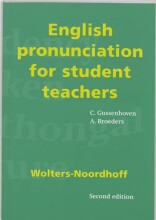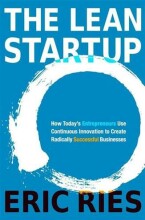International relations - the British state and the rest of the world
9 important questions on International relations - the British state and the rest of the world
When and between whom was the Falklands War fought?
It was fought in 1982 between the government of Great Britain ( Margaret Thatcher!) and Argentina. The Argentinians invaded the Falklands/Malvinas Islands, but the inhabitants were in favour of remaining British. So the British government came to their aid and won.
What was the attitude of some countries towards Britain when they lost their empire in the second half of the 20th century?
- Pride - they suggest how beneficial the British imperial administration must have been;
- Embarrassment - the possession of colonial territories doesn't fit with the image of a modern democratic state;
- Irritation - because it costs money.
Name some of the remnants of the British empire.
Cayman Islands
British Virgin Islands
Bermuda
Turks and Caicos Islands
Anguilla
Monserrat
British Indian Ocean Territory
St. Helena
Gibraltar
- Higher grades + faster learning
- Never study anything twice
- 100% sure, 100% understanding
How come the attitude towards the British government changed in 1982?
What (3) strong feelings does the UK have towards the remnant of the empire?
- Pridebecause it suggests that the imperial arrangement is
beneficial - Embarrassmentthe possession of colonial territories does not fit with the
democratic state - Irritation because it costs money
What are the three branches of the armed forces? and which of those is the oldest?
The Royal Navy, the Royal Airforce (RAF) and the army. The Royal Navy is the oldest (dating back to King Alfred) and is therefore known as 'the senior service'.
Which other military interventions did britain take part in since the Falklands War?
In the 1990's: The Gulf War, the Balkan peace keeping effords; in 2003: the war in Iraq (teaming up with the Americans) and the military presence in Afghanistan.
What does CND stand for?
It stands for Campaign for Nuclear Disarmament. Since the 1950s it has argued, on both moral and economic grounds, that Britain should cease to be a nuclear power. Although not consistant, it has had a lot of popular support at times. Britain still has a nuclear force, although tiny compaired to that of the USA
What is the 'Peace benefit' after the Cold War?
It is a back scaling of military spendings to the benefit of the economy. Folowing US president W H Bush, Margaret Thatcher proposed to do so after the Cold War (between the West and the Soviet Union) ended in at the end of the 1980s. Some polititians and many military professionals protested because they thought Britain would not be able to meet its commitments in the world.
The question on the page originate from the summary of the following study material:
- A unique study and practice tool
- Never study anything twice again
- Get the grades you hope for
- 100% sure, 100% understanding






























